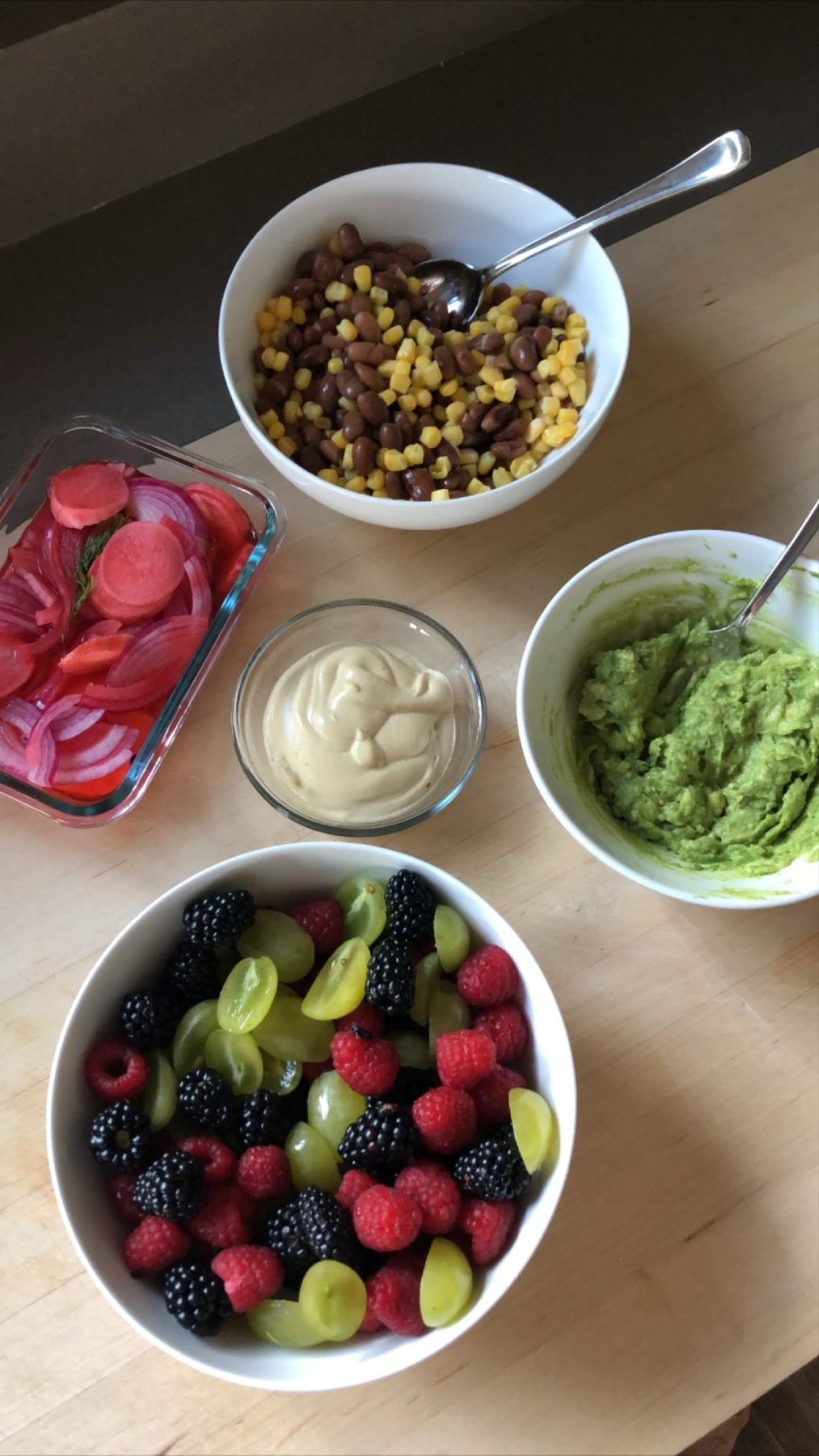Plant-Based Diet: The Breakdown

Plant-based, no meat again?
The increase in popularity of Plant-based diets in recent times cannot be denied. You might have heard about it from peers, wellness influencers, or even advertised around grocery aisles. But the definition may not be as clear as it’s often grouped along with veganism. But is there a difference? lets dig in and find out what’s all the hype about!
What is a plant-based diet?
A plant-based diet focuses on minimally processed whole foods sourced from plants. These foods include fruits, vegetables, legumes, nuts, seeds, and whole grains. However, contrary to vegan diets, plant-based diets may occasionally include certain dairy products, eggs, and/or small amounts of lean animal protein such as meat, fish, and chicken depending on personal preferences.
What are the benefits of following a plant-based diet?
Following a plant-based diet can promote overall wellness due to the high nutrient density found in the food groups that are part of this way of eating. It can help improve overall physical performance, boost the immune system, and even improve mental health, just to name a few.
Are there any nutritional concerns when following a plant-based diet?
As with any diet that omits food groups, a plant-based diet can be deficient in vitamin B12 due to the lack of animal food sources. For that reason a vitamin B12 supplement could be recommended. Other nutrients to pay attention to include protein, iron, calcium, and vitamin D. These nutrients’ needs can easily be met by choosing a variety of whole foods or including minimally processed fortified foods such as whole grain cereals or plant-based dairy substitutes.
Where do I start?
The transition to a plant-based diet may mean lifestyle changes but does not have to be drastic Plant based diets are not meant to put rigid rules around food but to promote the intake of nutrient rich foods. A good starting point can be adding more vegetables into your diet, choosing fruit as dessert, or incorporating legumes into meals as way to slowly substitute or reduce animal protein intake. It can also start by including one plant-based meal a day.
Bottom line?
When looking into making dietary changes, what matters most is listening to your body as you explore new ways to enjoy food. Remember that food is more than just nutrition; food is family, friends, culture, celebrations, etc. Find what works best for your lifestyle, budget, and accessibility. In the end, there is no such thing as perfection or failure in the world of nutrition, but just progress and the chance to try alternative ways.
